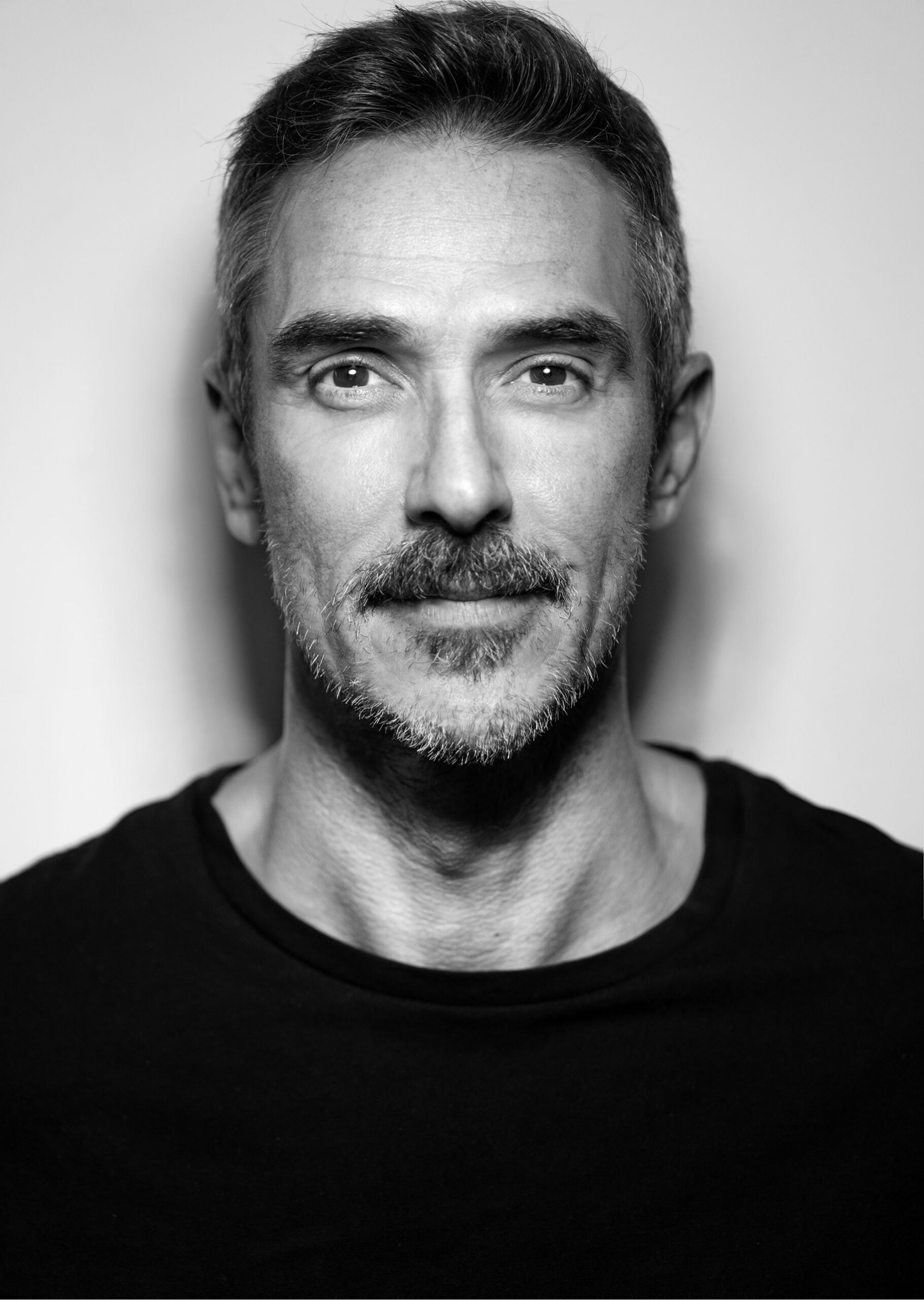When I coined the phrase No Half Smiles almost 20 years ago, it wasn’t about veneers or whitening — it was about ethics.
It was about refusing to do dentistry that only looks good on the surface while ignoring the disease underneath. It was about rejecting the idea that dentists should simply do what patients ask, instead of what they clinically need. And it was about restoring dignity to a profession that, in many parts of the world, has been reduced to transactional tooth mechanics.
If you’re a dentist reading this, I ask you:
When did we stop being doctors?
Imagine This in Medicine
A patient walks into a cardiologist’s office. He needs a triple bypass. Instead, he says:
“Doc, I’m on a budget — could you just do the one artery that’s really blocked? I’ll fix the others later.”
The cardiologist would refuse. It would be unethical. Dangerous. Illogical.
Or imagine a woman visiting an oncologist. She’s been diagnosed with breast cancer in both lobes. She says:
“I have a wedding next week. Can we just treat the left one? The right doesn’t hurt yet.”
No physician would agree. The cancer doesn’t care about her schedule.
But in dentistry? This happens every single day.
Patients come in with abscesses, failing root canals, systemic infections, and a collapsing bite — and say, “Can you just fix the front tooth? I don’t like the way it looks.”
And the dentist, afraid to lose the patient (and the income), says yes.
That is not healthcare.
That is not ethical.
That is not dentistry.
The Dentist as Healer — Not Technician
A healthy mouth is the foundation of systemic health.
And yet, in most hospitals today, a full-body checkup doesn’t even include a dental screening.
You’ll get your heart scanned, your lungs checked, your blood analyzed, and your hormones tested. But no one checks your oral microbiome, your jawbone, your root canals, or your occlusion. And yet, research for over 30 years has shown clear links between periodontal disease and cardiovascular risk, neuroinflammation, autoimmune burden, even poor sleep and fertility issues.
Dentistry has been exiled from mainstream healthcare — and dentists have let it happen.
No Half Smiles: A Treatment Philosophy
The No Half Smiles philosophy is built on a simple but powerful idea:
Never do what the patient wants until you’ve fully explained what they need.
It’s okay if the patient can’t afford it all right away. But what’s not okay is to ignore pathology just to make a tooth “look good.” If your treatment doesn’t start with diagnostics — if it doesn’t prioritize biology and long-term function — then you’re not doing healthcare. You’re decorating dysfunction.
At my clinic, the White Clinic in Lisbon Portugal , we break every treatment plan into three domains:
1. Biological – infections, cysts, gum disease, bone lesions, toxic materials
2. Mechanical/Functional – occlusion, missing teeth, orthodontic issues
3. Aesthetic – alignment, color, shape, smile design
We always treat in that order. Because beauty without biology is a lie. It’s been this way for decades.
I’ve turned patients away who refused to treat infections but insisted on cosmetic veneers. And yes, some went elsewhere. But many came back — because deep down, they knew we weren’t selling a service. We were offering healing.
Dentistry Is Not a Marketplace
The problem? Many clinics now operate like marketplaces.
Patients come in, point at what they want, and expect to walk out with it — like ordering from a menu.
But you’re not buying a handbag. You’re entrusting your systemic health to someone trained to understand what lies beneath the surface — infections that don’t hurt yet, bone lesions invisible to the eye, root canals that look fine on an x-ray but harbor pathogenic bacteria.
Dentistry, it’s not a consumer product.
This is why at the White Clinic, every patient undergoes a full 3D CBCT scan, an a-MMP8 saliva test (an enzyme present in saliva when there is a lot of collagen degradation due to poor health) as well as a Vit D test. I remind you that vitamin D is critical for bone remodelling and that your teeth are embedded in bone and we want it to be as healthy as possible. in our first appointments we don’t guess, we diagnose. We don’t sell, we educate.
And we say no when needed.
We’re not in the business of doing one tooth at a time. We’re in the business of full oral rehabilitation.
Because that’s where health lives.
The Cost of Saying Yes
Years ago, I treated a powerful public figure who came in for a small filling. I noticed a hidden cyst on the adjacent tooth and warned him. He shrugged it off — “It doesn’t hurt. Just fix what I asked.”
Months later, at a high-profile dinner, he bit down on something and yelped in pain. In front of 80 people, he jokingly said, “Stanley, you’re a terrible dentist!” — assuming it was the tooth I treated. It wasn’t. It was the one I warned him about.
I lost credibility in that room. I lost trust. I probably lost future patients.
And I realized: I will never do just what is asked of me, or “half dentistry” again.
Dentistry Deserves More
We need to bring dentistry back into the healthcare conversation.
That starts with us.
It means:
- Doing full diagnostics, not guesswork
- Presenting comprehensive treatment plans — even if the patient says no
- Prioritising biology, then function, then esthetics
- Saying no when patients demand shortcuts
- Signing informed consent when compromises are made
This is not about elitism. It’s about ethics and evidence backed practice.
If a patient has 10 infections but only wants veneers, you’re not their dentist — you’re their enabler.
Dentists must start thinking like physicians again.
Because if we don’t value what we do as healthcare — no one else will.
Final Thoughts
If you’re a dentist reading this and you feel stuck in the grind — doing 30 patients a day, rushing through procedures, burning out — ask yourself: Is this why I became a doctor?
If you’re a patient reading this, and your dentist has never spoken to you about how your dental health affects your general health, airway, bite, or the need to revisit old and failed dental treatments — maybe it’s time for a second opinion.
The No Half Smiles philosophy may not be for everyone.
It requires courage. And often, it requires saying no to money today in order to protect your integrity — and your patient’s health — tomorrow.
But I promise you: it’s worth it.
I invite you to share your thoughts.
Have you implemented similar concepts in your clinic?
Has your dentist taken this approach with you?
*Originally published in LinkedIn.


